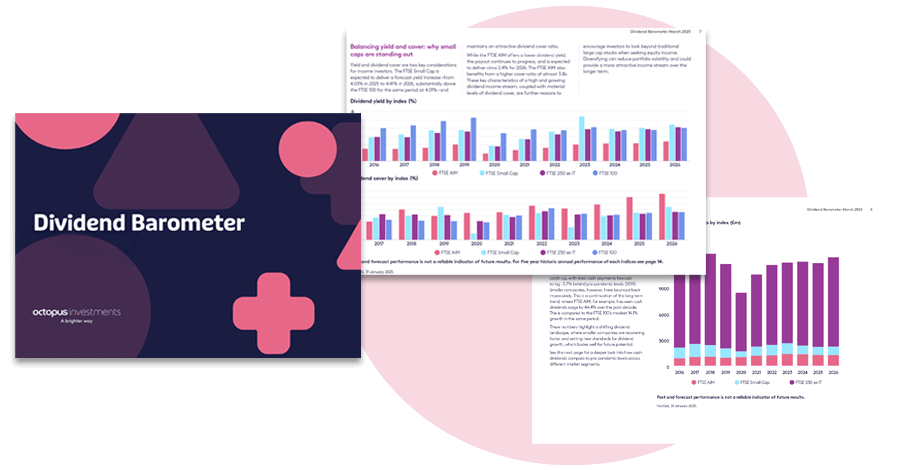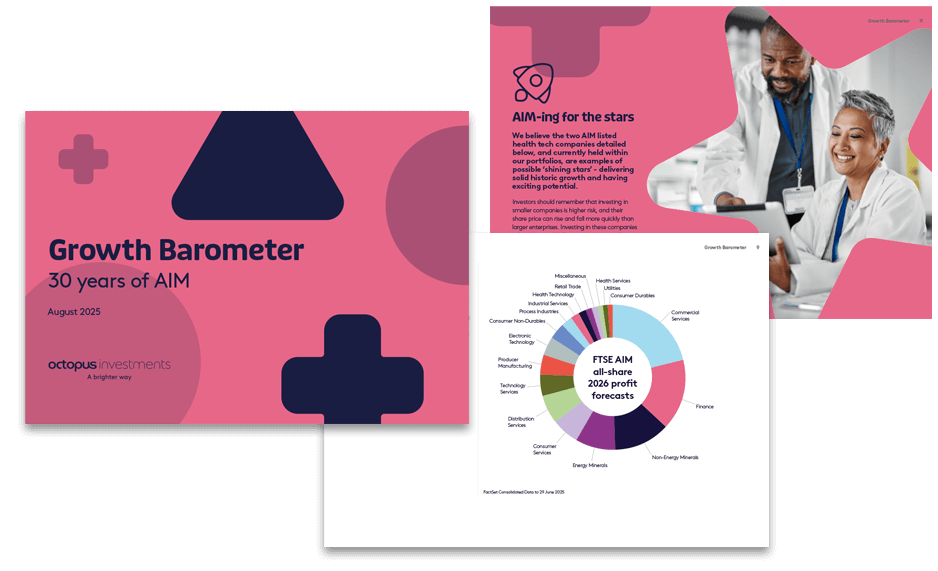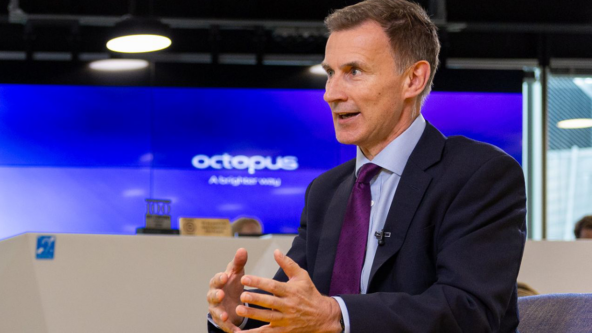Why is intergenerational planning important?
Estate planning is a family conversation. That makes it a natural opportunity for financial advisers to speak with the next generation.
There are a couple of important benefits to doing so, both for your client and your business:
- Estate planning is ultimately planning a client does for the of benefit others. Meeting with beneficiaries ensures any planning leads to the best possible outcomes, and that you provide a great service by preparing beneficiaries for their inheritance.
- When a client dies, assets walk out the door. It makes commercial sense to speak to your client’s beneficiaries to open up the possibility of taking them on as clients.
Ideally, estate planning should carry on into the next generation. And it should go hand in hand with an advice firm’s own legacy planning.
Getting intergenerational planning right means you can take on a new generation of clients. It can also mean retaining assets under advice built up with the original client.
Firms that successfully retain assets while taking on a younger client base should increase the value of their business.
The question is, could you be doing more to engage your client’s beneficiaries?
How can I engage my client’s beneficiaries?
Kirsty Coldicott of KLC Financial is one financial adviser who’s built intergenerational planning into their process to great effect.
For Kirsty, reaching out to the next generation is one of her priorities when getting to know any client.
“I bring the children into the conversation relatively early on,” says Kirsty.
“When I’m meeting a client, I’m always asking what will provision they have and if they have a power of attorney named.”
“When I’m taking on the responsibility of looking after them as their financial planner, then of course I want to know who the beneficiaries of their wealth are and offer my help and service to them as the next generation.”
“I generally ask the client if I can contact the children, executors, the attorneys, just to offer an introduction. To say if anything does happen, I’m here, you know who I am and I’m here to help. That’s my typical approach.”
Here’s one tip that we hear lots of advisers will use. You’re probably familiar with the idea of using a family tree as part of the fact find process. This is where you and your client draw their family tree, so you get a full picture of who’s connected to them and how your client’s planning affects them. It gives you the opportunity to look up and down the generations and to make it very clear what a difference planning could make. From there it can make much more sense to a client that you meet with the wider family.
Remember, today’s technology means it’s no longer essential to live physically close to your adviser. This removes another barrier to working with clients’ beneficiaries, who will sometimes be far more open to things like video calls than their parents’ generation.
“Hopefully even if it’s just an email introduction or a quick zoom chat I’ve had the chance to speak to the next generation,” explains Kirsty.
It also makes it easier to take them on as clients themselves. Many people seeking an adviser would rather have someone who they know did a great job for their mother or father, than someone they don’t know who happens to be in a nearby postcode.
Inheritance is evolving. Two big ways it’s changing are that people are living longer, and the value of their estates has increased. Because their parents are living longer, beneficiaries tend to be older when they receive their inheritance. This combined with inflated estates means inheritance tax can be an issue for beneficiaries too.
“For inheritance tax planning, I’ll bring the beneficiaries in again once I’ve devised an appropriate solution for the client,” says Kirsty. “I’ll propose the plan to them and get their buy-in early on and make sure they’re comfortable.”
“Ideally, I’ll take the opportunity to ask the beneficiaries a few questions as well, because ultimately the estate is going to come to them.”
“It’s important what I’m planning is going to suit their needs. They may not want the money to form part of their estate and that might lead to other opportunities for estate planning with them as clients further down the line.”
Documents you can use in conversations with the next generation
We’ve created a document called What I Own and Where I Keep It. You fill it in with a client during a meeting, so that when they pass away their executors can easily locate their will, their assets and anything else they’ll need.
Some advisers use it a natural opener for suggesting you speak to beneficiaries, as they’ll often be the ones who’ll be using this document.
It’s certainly one of our most popular documents and there’s an option to co-brand it with your firm’s logo. If you’re intrigued by this or you want to use this document yourself, please get in touch on 0800 316 2067 and we’ll be happy to help.
Another document you should take a look at is our Guide to being an executor. It’s designed to help make the estate administration process as easy as possible for you, your clients, and their beneficiaries and executors. It will help executors understand the legal responsibilities that will fall to them when the time comes. Again, it’s a great door opener for speaking to beneficiaries.
Should your client be affected by inheritance tax, we also have our Guide to untangling inheritance tax, loved by financial advisers across the country.










